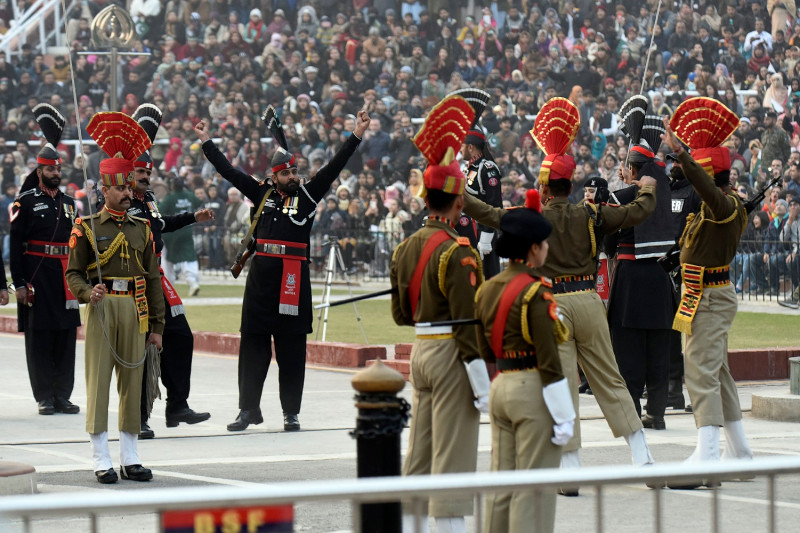In a first, Special Assistant to the Prime Minister (SAPM) on National Security Dr Moeed Yusuf has been interviewed by an Indian journalist.
During his interview with Karan Thapar, Yusuf set five pre-conditions for the resumption of “meaningful dialogue” with India to resolve all outstanding issues, including the longstanding dispute of Indian occupied Jammu and Kashmir (IoK).
While he said that Pakistan desired peaceful ties with India and wanted to resolve all issues through dialogue, Yusuf asserted that for any meaningful dialogue to take place between the two neighbours, India has to release all political prisoners in Kashmir, end inhuman blockade and restrictions, rescind domicile law that allows non-Kashmiris to settle in the disputed territory, stop human rights abuses and end state terrorism in Pakistan.
This is the first time Pakistan put forward its pre-conditions for resumption of talks with India since the Modi government revoked the special status of IoK.
Interestingly, he did not mention the restoration of the special status of Kashmir as one of the pre-conditions for restarting talks with India, which Pakistan has been condemning since August 5, 2019, when New Delhi had revoked Article 370 and 35-A of the Indian Constitution to rob the troubled valley of its autonomy.
“Pakistan would be ready for dialogue with India if Modi government accepts those preconditions,” Yusuf said and also spoke of the involvement of Indian intelligence agency, the Research and Analysis Wing’s (RAW), in terrorism in Pakistan.
“Pakistan had evidence that the mastermind of December 2014 APS terrorist attack in Peshawar was in contact with RAW,” he said.
WATCH VIDEO:
The SAPM added that India used its missions in one of the neighbouring countries of Pakistan to facilitate and sponsor terrorist attacks at a five-star Hotel in Gwadar, the Chinese Consulate in Karachi and the Pakistan Stock Exchange.
He maintained that Islamabad, under the leadership of PM Imran Khan, wanted a peaceful neighbourhood but India’s Hindutva policies were obstructing the path to attain regional peace.







